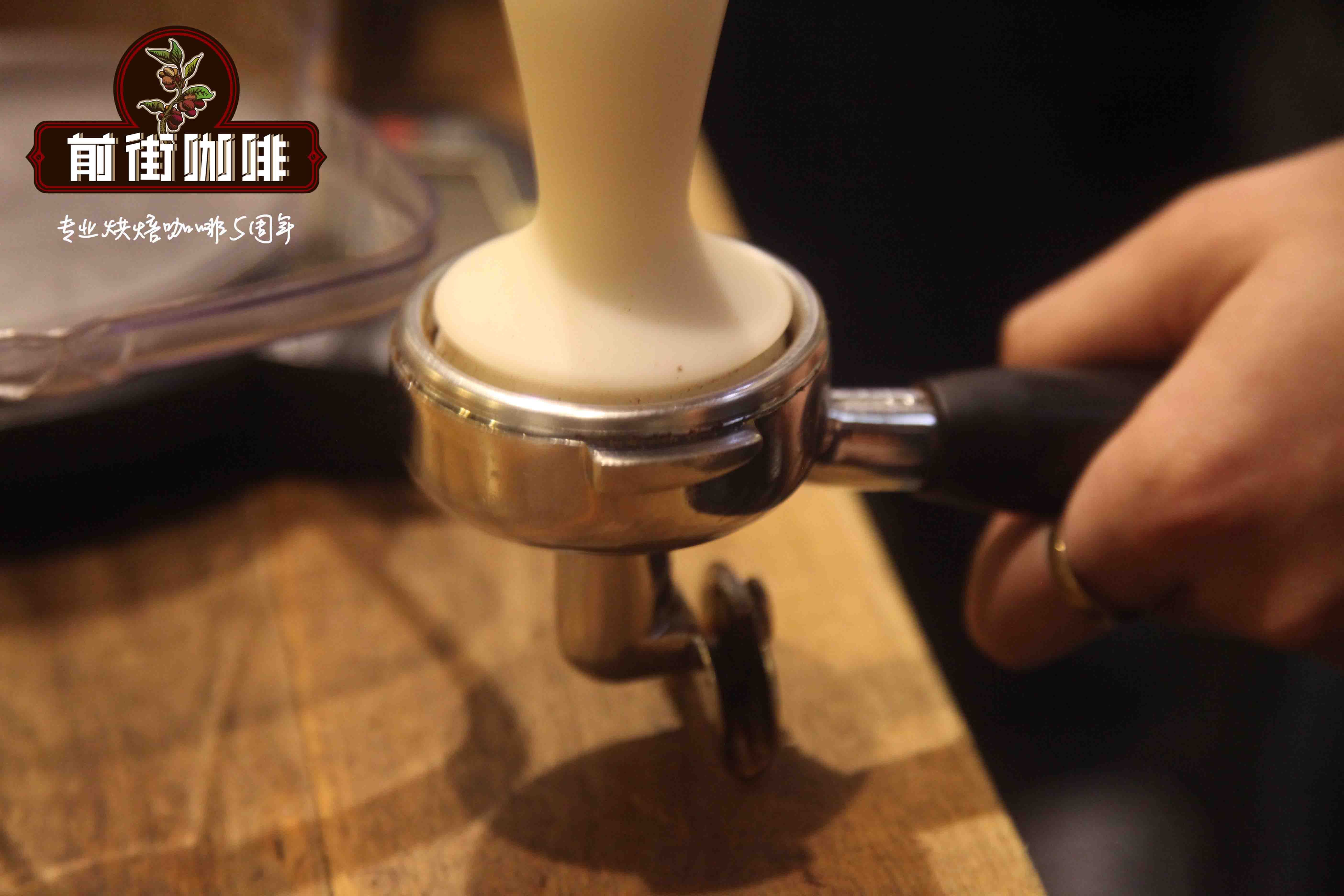The origin of mocha coffee history of Yemeni coffee _ Taobao which brand of mocha coffee beans is good

Professional coffee knowledge exchange more coffee bean information please follow the coffee workshop (Wechat official account cafe_style)
Yemen has been mired in years of endless war since 2014. last week, the Geneva-based World Economic Forum released a ranking of the competitiveness of global economies, ranking Yemen at the bottom 137. The World Economic Forum called Yemen a country that has been "further damaged by civil war, economic collapse, cholera and near famine".
But recently, people may have seen hope that things are getting better. According to the Arab media alarabiya, Yemeni Environment and Water Minister Ezzi Shuraim visited Taiz two weeks ago, the first time in recent years that Yemeni government officials have visited the city, which was recently rescued from the armed forces organized by Hussein. Ezzi Shuraim met with the local government and, in addition to discussing the recovery and reconstruction of the city, he mentioned Mocha, a coastal city west of Taiz, and talked about possible future plans to build a desalination plant (Desalination Plant) there.
Coffee lovers may wonder why this seaside town called Mocha has the same name as fancy coffee that everyone loves. The answer is that this is not a coincidence, because the name mocha coffee comes from here, but the connection took place hundreds of years ago.
● if you go back to the late 17th and early 18th centuries, Mocha, a port city, was a prosperous trading port with developed maritime trade, and many merchant ships were loaded with the country's wild cocoa-flavored coffee beans that would cross the Red Sea and the Mediterranean and eventually incarnate a fascinating chocolate-flavored black drink on the European dinner table: coffee.
According to the Encyclopedia Britannica, the beginning of the 18th century was the heyday of coffee trade between Yemen and Europe, which directly laid the foundation of European coffee culture, and later extended to North America, Asia, etc.-it can be said that without the "mocha" of Yemen, coffee, as one of the three major drinks in the world, would not be popular all over the world.
Don't get me wrong, Ethiopia is indeed the hometown of coffee, but according to the World Coffee Research Organization (WCR) historical records, as early as the fifth century BC, the port of Mocha in Yemen welcomed the first batch of coffee beans from Ethiopia, which became the starting point of Yemen's bond with coffee. Coffee appeared for the first time in human history as a drink in the Yemeni city of Zabid.
Coffee research author Mark Pendergrast describes in her book that in 1450, drinking coffee became a necessary lesson for Yemeni Arab Sufi believers before evening prayers to keep a clear head during prayer. This kind of drink, which was originally of a medical or religious nature, quickly entered people's daily life. In 1517, the Ottoman Turks included Yemen in their territory, and the reputation of coffee spread quickly, driven by this once-popular empire.
At the end of the 15th century, Muslim pilgrims further extended coffee to the whole Islamic world. In order to meet the increasing consumer demand, Yemenis began to grow their own coffee, and Yemen became the first country in the world to produce coffee as a crop on a large scale. Soon, it was discovered that the plant could only be grown at high elevations, so the port of Mocha, which is adjacent to the highlands and has a better wharf infrastructure, became the most suitable place to export coffee.
● Mocha Port is adjacent to the mountainous area where coffee is produced.
In the early 17th century, the Dutch first established a coffee trading company, and coffee began to be exported to Europe from the port of Mocha, from Amsterdam to the Western European market in Paris. People began to use the term "mocha" to refer to this refreshing black drink, "because most of the beans are exported to other countries from the port of Mocha in Yemen, people refer to Yemeni coffee by the name of the port." Because of its unique chocolate aroma, fancy coffee with cocoa milk or chocolate syrup was later called mocha.
● speculated that the thriving port of Mocha in the mid-17th century
Yemeni coffee production is far from what it used to be. Mocha is no longer the center of the world's coffee and has long lost its function as a commercial port, but Yemen still produces some of the world's most unique coffee beans. For example, Yemeni Madali mocha coffee (Mocha Mattari), up to now is a kind of beans that makes real coffee lovers crazy.
It comes from Bany Mattar province, west of the Yemeni capital, where coffee farmers continue the age-old tradition of producing and growing coffee: try not to use artificial chemicals such as chemical fertilizers and plant poplars to provide shade for coffee growth. As they did hundreds of years ago, these trees are planted on steep terraces and grow tiny, light green coffee beans on barren and dry land, showing a chocolate-like bitterness after deep roasting. As well as red wine, tobacco, cinnamon and other complex aromas, as well as a long cream of sweet. In addition, due to the scarcity of production, Yemeni mocha coffee is becoming more precious in the market. In 2016, the average price of Yemeni coffee in the United States was $173 a pound.
● most coffee producing areas in Yemen still adopt the original method of growing coffee.
Although the coffee trade in Yemen is not as good as it used to be, it still has some unique advantages. On the one hand, the top varieties of Yemeni mocha coffee, such as Madali and Mokha Ismaili, are still of great value in the coffee market, and they are the boutique coffee that coffee enthusiasts craze.
On the other hand, according to the analysis of the International Coffee Organization (ICO), consumers in western countries have become more and more inclined to coffee of origin with high quality and low price in recent years, while Yemen still has an annual output of more than 10,000 tons of coffee, while it really has the original ecological, pollution-free and other selling points valued by western countries. If we can improve the picking, drying and stir-frying technology of coffee beans, establish a quality control system, and make more beans meet the import standards of developed countries, then there is still a lot of room for upward development. Perhaps, in addition to relying on foreign forces to build desalination plants, coffee crops growing in this land may also bring some hope to a country plagued by war and division in the future.
Fancy coffee with local mocha coffee can also be seen in Yemeni cities.
● Yemen Mocha Coffee Brand recommendation
The Yemeni mocha beans baked in Qianjie Coffee are fully guaranteed in terms of brand and quality. And more importantly, the performance-to-price ratio is extremely high, a pack of 227 grams, the price is only 85 yuan. According to the calculation of 15 grams of powder per cup of coffee, a bag of coffee can make 15 cups of coffee for less than 6 yuan each, which is recommended by conscience compared to the price of tens of yuan a cup sold in a coffee shop.
Qianjie coffee: Guangzhou bakery, the store is small but a variety of beans, you can find a variety of unknown beans, but also provide online store services. Https://shop104210103.taobao.com
Important Notice :
前街咖啡 FrontStreet Coffee has moved to new addredd:
FrontStreet Coffee Address: 315,Donghua East Road,GuangZhou
Tel:020 38364473
- Prev

Yemeni mocha coffee development history _ reasons for good quality of Yemeni mocha coffee _ characteristics of mocha coffee beans
Professional coffee knowledge exchange more coffee bean information please follow the coffee workshop (Wechat official account cafe_style) to ask do you know which country coffee originated? There is bound to be a stir of controversy. It is said that coffee was first found in Ethiopia, but at the same time, Ethiopia's neighbor, Yemen, was also growing and drinking coffee. The history of coffee dates back to centuries
- Next

Is Hawaii Kona coffee expensive? where can I buy Kona coffee in Hawaii? is Kona coffee good?
Professional coffee knowledge exchange more coffee bean information please follow the coffee workshop (Wechat official account cafe_style) Why is the quantity and quality of Hawaiian Kona coffee so bad? Is the price of Kona coffee too high? Kona coffee has been grown in Kona since the early 19th century, and it has never been interrupted, and only coffee produced here can be used.
Related
- Detailed explanation of Jadeite planting Land in Panamanian Jadeite Manor introduction to the grading system of Jadeite competitive bidding, Red bid, Green bid and Rose Summer
- Story of Coffee planting in Brenka region of Costa Rica Stonehenge Manor anaerobic heavy honey treatment of flavor mouth
- What's on the barrel of Blue Mountain Coffee beans?
- Can American coffee also pull flowers? How to use hot American style to pull out a good-looking pattern?
- Can you make a cold extract with coffee beans? What is the right proportion for cold-extracted coffee formula?
- Indonesian PWN Gold Mandrine Coffee Origin Features Flavor How to Chong? Mandolin coffee is American.
- A brief introduction to the flavor characteristics of Brazilian yellow bourbon coffee beans
- What is the effect of different water quality on the flavor of cold-extracted coffee? What kind of water is best for brewing coffee?
- Why do you think of Rose Summer whenever you mention Panamanian coffee?
- Introduction to the characteristics of authentic blue mountain coffee bean producing areas? What is the CIB Coffee Authority in Jamaica?

